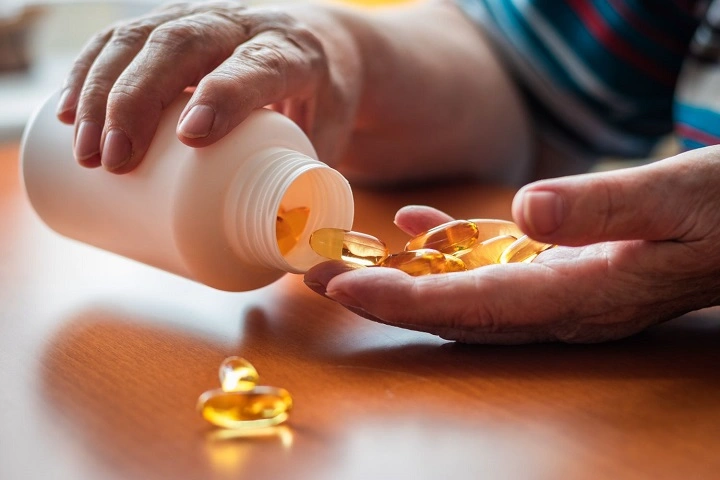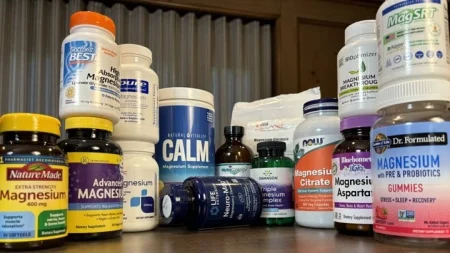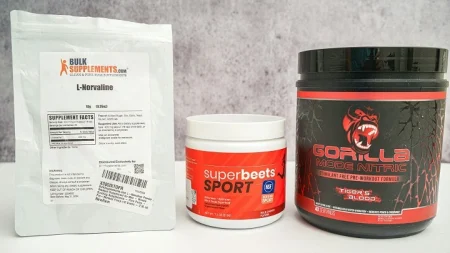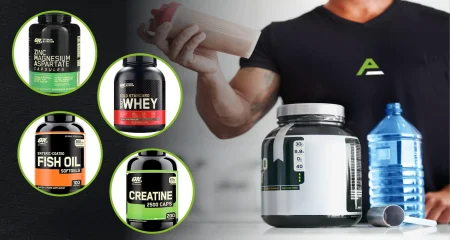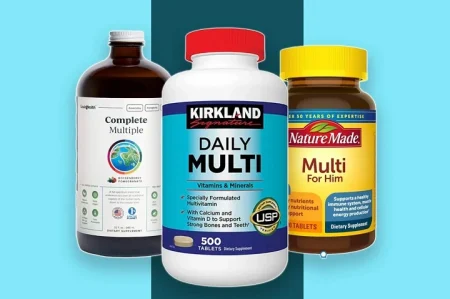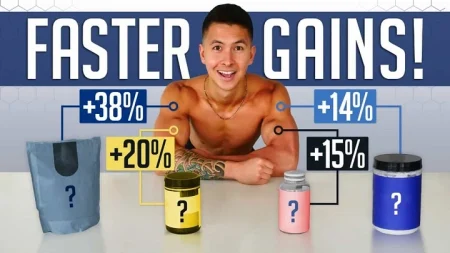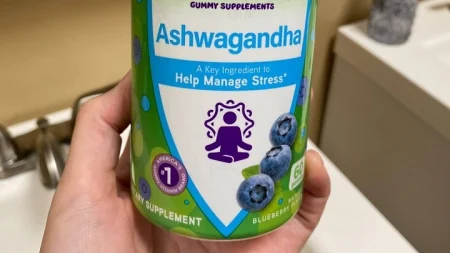High blood pressure, also known as hypertension, is a common health concern affecting millions worldwide. While medications are often prescribed to manage it, many individuals seek natural alternatives to complement their treatment or as preventative measures. In this comprehensive guide, we’ll delve into the realm of supplements—nature’s remedies—to explore their potential in lowering blood pressure. From herbal extracts to essential minerals, discover the science-backed supplements that can aid in your journey towards better cardiovascular health.
Understanding Blood Pressure
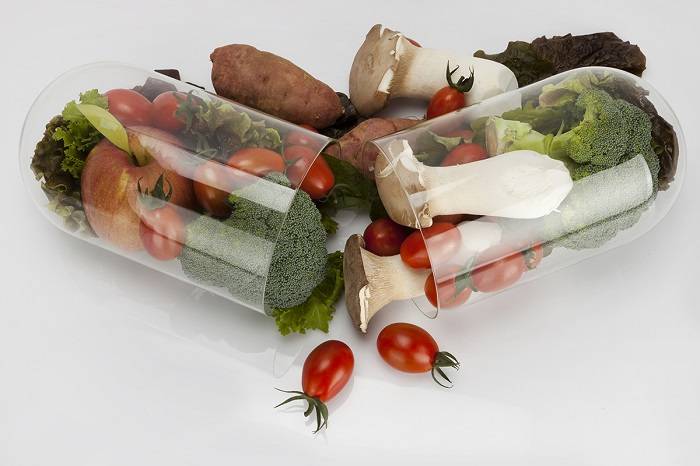
Before we dive into the realm of supplements, it’s essential to grasp the basics of blood pressure. Blood pressure is the force exerted by circulating blood against the walls of blood vessels. It’s typically measured in millimeters of mercury (mmHg) and consists of two numbers: systolic pressure (the pressure when the heart beats) and diastolic pressure (the pressure when the heart is at rest). Normal blood pressure is generally considered to be around 120/80 mmHg, while hypertension is diagnosed when blood pressure consistently exceeds 130/80 mmHg.
Lifestyle Changes for Managing Blood Pressure
Before incorporating supplements into your routine, it’s crucial to address lifestyle factors that contribute to high blood pressure. These include maintaining a healthy weight, adopting a balanced diet rich in fruits, vegetables, and whole grains, reducing sodium intake, exercising regularly, limiting alcohol consumption, managing stress, and avoiding tobacco products. Incorporating these lifestyle changes alongside supplements can have a synergistic effect in managing blood pressure.
The Role of Supplements in Lowering Blood Pressure
While supplements can’t replace medications prescribed by healthcare professionals, they can complement lifestyle changes and conventional treatments. Several supplements have shown promise in reducing blood pressure through various mechanisms, including vasodilation, diuresis, and antioxidant effects. Let’s explore some of the most researched and evidence-based supplements for lowering blood pressure:
Magnesium
- Magnesium plays a crucial role in regulating blood pressure by promoting vasodilation and inhibiting vascular calcification.
- Studies have shown that magnesium supplementation may lead to modest reductions in both systolic and diastolic blood pressure.
- Recommended dosage: 300-400 mg per day, preferably in the form of magnesium citrate or magnesium glycinate.
Potassium
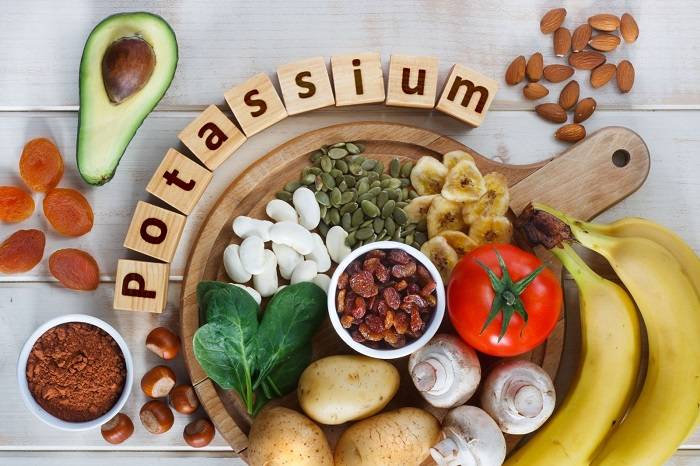
- Potassium helps counteract the effects of sodium on blood pressure and supports proper muscle function, including the heart.
- Increasing potassium intake through supplementation or potassium-rich foods like bananas, spinach, and sweet potatoes may help lower blood pressure.
- Recommended dosage: Aim for 3,500-4,700 mg of potassium per day, either through supplements or dietary sources.
Coenzyme Q10 (CoQ10)
- CoQ10 is a powerful antioxidant that supports mitochondrial function and energy production within cells.
- Studies suggest that CoQ10 supplementation may lead to modest reductions in blood pressure, particularly in individuals with hypertension.
- Recommended dosage: 100-200 mg per day, preferably taken with meals for enhanced absorption.
Omega-3 Fatty Acids
- Omega-3 fatty acids, found in fatty fish like salmon, mackerel, and sardines, possess anti-inflammatory and vasodilatory properties.
- Supplementation with fish oil or algal oil, rich in EPA (eicosapentaenoic acid) and DHA (docosahexaenoic acid), may help lower blood pressure and reduce the risk of cardiovascular events.
- Recommended dosage: Aim for 1,000-2,000 mg of combined EPA and DHA per day, preferably from a high-quality fish oil supplement.
Garlic
- Garlic contains bioactive compounds like allicin, which have been shown to have hypotensive effects by promoting vasodilation and improving endothelial function.
- Studies have demonstrated that garlic supplementation can lead to modest reductions in both systolic and diastolic blood pressure.
- Recommended dosage: 600-1,200 mg of aged garlic extract per day, standardized to contain 1.3% alliin or allicin potential.
Hibiscus
- Hibiscus sabdariffa, commonly known as roselle, is a flowering plant traditionally used to make herbal tea.
- Research suggests that hibiscus supplementation may have antihypertensive effects, attributed to its high content of polyphenols and anthocyanins.
- Recommended dosage: Drink hibiscus tea or take standardized hibiscus extract, following package instructions for dosage and preparation.
L-arginine
- L-arginine is an amino acid precursor to nitric oxide, a molecule that promotes vasodilation and improves blood flow.
- Studies have indicated that L-arginine supplementation may help lower blood pressure, particularly in individuals with endothelial dysfunction.
- Recommended dosage: 2-3 grams of L-arginine per day, preferably taken on an empty stomach for optimal absorption.
Beetroot
- Beetroot is rich in dietary nitrates, which are converted into nitric oxide in the body, leading to vasodilation and improved blood pressure regulation.
- Consuming beetroot juice or beetroot powder supplements has been shown to reduce both systolic and diastolic blood pressure.
- Recommended dosage: Drink 250-500 ml of beetroot juice daily or follow package instructions for beetroot powder supplementation.
Hawthorn
- Hawthorn extract, derived from the berries, leaves, and flowers of the hawthorn plant, has been used for centuries in traditional medicine to support cardiovascular health.
- Research suggests that hawthorn supplementation may help lower blood pressure and improve symptoms of heart failure, possibly due to its vasodilatory and antioxidant properties.
- Recommended dosage: Follow package instructions for standardized hawthorn extract supplements, typically 300-900 mg per day.
Taurine
- Taurine is an amino acid with antioxidant and osmoregulatory properties, found abundantly in seafood and meat.
- Studies have shown that taurine supplementation may help reduce blood pressure by modulating sympathetic nervous system activity and improving endothelial function.
- Recommended dosage: 1-3 grams of taurine per day, divided into two or three doses.
High blood pressure is a significant risk factor for cardiovascular disease, stroke, and other health complications. While medications are commonly prescribed to manage hypertension, incorporating supplements into your daily regimen may offer additional benefits in lowering blood pressure naturally. From magnesium and potassium to garlic and hibiscus, there are various evidence-based supplements that can complement lifestyle changes and conventional treatments. However, it’s essential to consult with a healthcare professional before starting any new supplement regimen, especially if you have underlying health conditions or are taking medications. By combining the power of supplements with a healthy lifestyle, you can take proactive steps towards better cardiovascular health and overall well-being.


